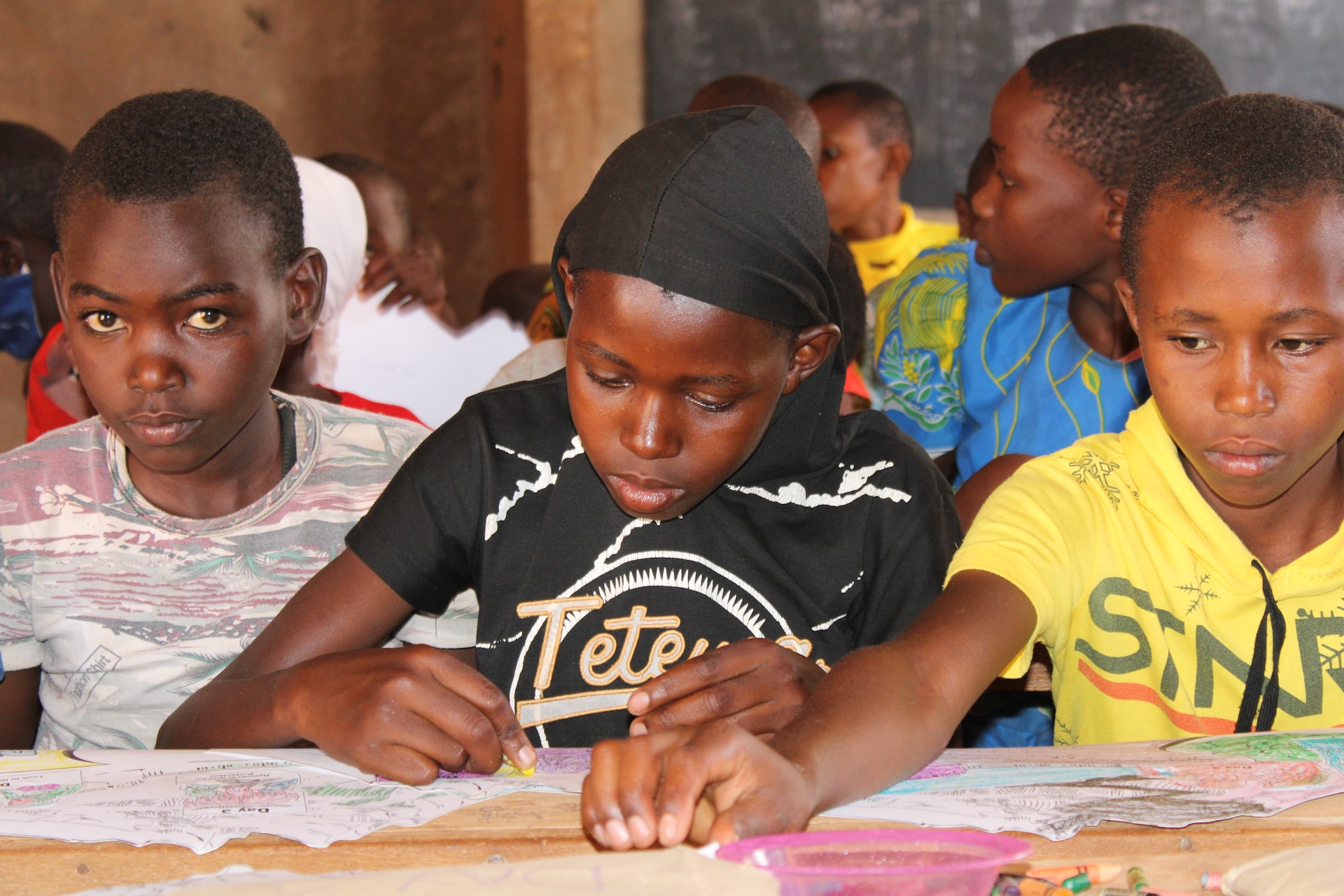KISUMU, Kenya – A serene morning in 2019 along the shores of Lake Victoria turned into a nightmare as tumultuous floodwaters surged, obliterating entire communities and altering the destinies of countless children forever.
These children, many of whom were already orphans, found themselves thrust into roles of responsibility overnight. Compelled to shield their younger siblings from the ensuing chaos, they navigated through a realm of uncertainty, makeshift camps, illness, and a disrupted education. As the world grapples with climate change, the dire plight of these young ones serves as a stark reminder of the escalating human cost of environmental disasters.
A Catastrophe Foreseen Yet Ignored
Long before the fateful floods, warnings loomed large. A team of international scientists in 2015 had predicted the surging waters of Lake Victoria, a prognosis largely unheeded by local residents, often viewed as another piece of climate propaganda. The lake, encroaching upon the land at an alarming rate of 10 meters daily, stood as a testament to the irrefutable realities of climate change.
The Children: Bearing the Brunt of a Dual Crisis
Amid the calamity and its aftermath, it was the children who faced the harshest consequences. The COVID-19 pandemic exacerbated their challenges, resulting in a confluence of crises where aid and assistance were desperately required but scarcely available.

In times of great upheaval, children have the hardest time
Among these young souls, 13-year-old Sharon Akinyi stands out. Having lost her family home to the floods, she took charge of her three younger siblings. "I had dreams, but now, I shoulder responsibilities I never imagined at my age. Every day is a struggle," she shared, her voice echoing with both determination and despair.
The tragic narratives of these children, many of whom had to forsake education to shoulder adult responsibilities, underscore the profound socio-economic repercussions of such disasters.
From Displacement to Determined Action
Recognizing the urgency of the situation, organizations such as the Kenya Red Cross intensified their humanitarian efforts. Provision of sanitary facilities, health assistance, and psychosocial support emerged as top priorities.
Hellen Cheruto, the regional manager of Kenya Red Cross, highlighted the scale of the disaster. "The 2019 flood was unparalleled in its devastation. With 15 villages still submerged, nearly a thousand families find themselves in makeshift camps, their futures uncertain."
The Global Challenge: Floods and Their Young Victims
But this isn't an isolated story. From Mozambique to Zimbabwe and from Colombia to Libya, children globally find themselves at the frontline of flood-induced crises. Disruption of education, trauma, and an uncertain future have become the harrowing constants for millions.
UNICEF's data paints a grim picture: access to basic education for millions of children is being obliterated by floods. But it's not just about immediate challenges. The psychological scars left by witnessing such cataclysms are profound, necessitating long-term psychosocial support.
Future Imperatives: From Reaction to Proactive Preparedness
The dire situation calls for more than just a reactive approach. Proactive disaster preparedness, focusing on the well-being and protection of children, needs to be at the forefront of global policy and action.
In the midst of adversity, the resilience and spirit of the children affected by the Lake Victoria floods shine bright. Their stories of determination and hope amidst despair carry a powerful message for the world: in the face of climate-induced challenges, resilience, community, and collective action can light the path forward.
With continued global commitment, combined with local efforts, there's hope that children like Sharon won't just survive but will thrive, forging a brighter future out of the ruins of the past.
©GlobalCO2.uk





